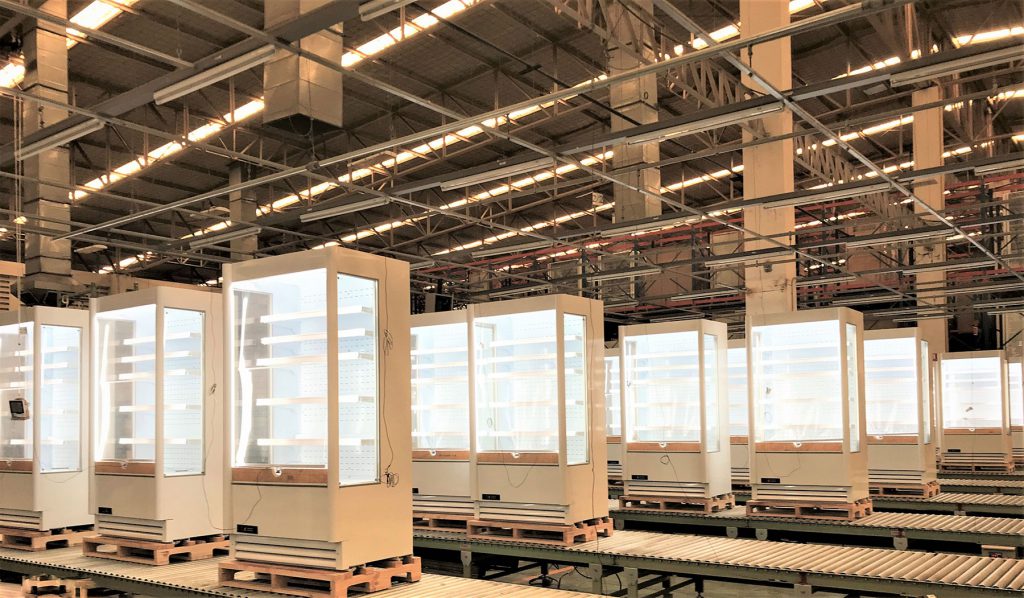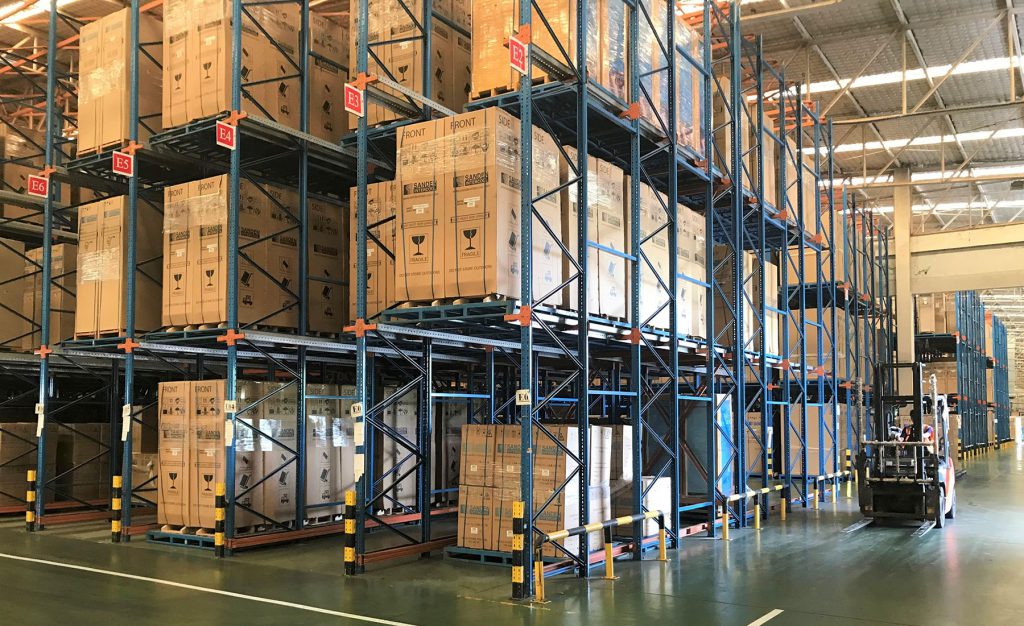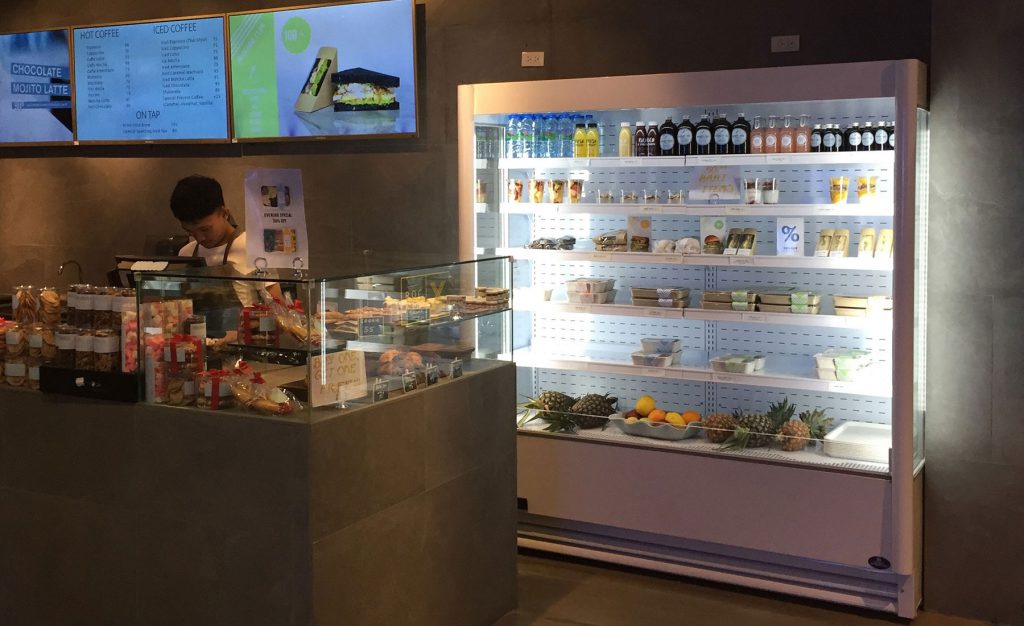(Photo: Sanden/Alex Panas)
More and more companies switch their production lines to natural refrigerants. Producers, consumers and the environment are all benefitting.
In a country where the average temperature is 30 degrees Celsius, switching on an air-con, gulping down a cold drink or putting plenty of ice in drinks are just some of the ways Thais beat the heat. For decades, Thailand has been reliant on synthetic refrigerants (such as fluorinated refrigerants or F-gases) to create cool air for their homes or chill their beverages and food at the cost of climate and the environment. The country has only recently begun to discover a greener way of cooling and the enormous potential of natural refrigerants, namely hydrocarbons.
“The industry is shifting towards natural refrigerants and green cooling technologies. In other markets, for example in Europe, the market has completely switched to natural refrigerants. We foresee that this trend will follow in our geographical area too, and we would like to actively support and advance that migration, especially here in Thailand,” said Alex Panas, Group Commercial Director of Sanden Intercool.
Natural refrigerants are substances that exist naturally in the environment. Unlike their widely used synthetic counterparts, natural refrigerants do not harm the ozone layer, do not trap the sunlight – known as the greenhouse effect – and can be more energy-efficient. With zero ozone depletion potential (ODP) and very low or zero global warming potential (GWP), they are considered the definitive solution to environmental damage.1
By 2022, Sanden Intercool Group aims to have its full range of products available with natural refrigerants. The company is targeting to supply at least 50%, or even 70%, of the units required by the Thai market with natural refrigerants in the next 2 years.
“The sooner the market in South East Asia switches, the better it will be for preserving the environment and keeping our business within a sustainable level for the long-term. At Sanden Group, we are inspired and committed to promoting green technologies in Thailand. In the end, this will benefit all of us – the end-users, society and the country itself. What the RAC NAMA Project is doing is an outstanding initiative,” said Mr. Panas.
Thanks to the contribution of the Thailand Refrigeration and Air-Conditioning Nationally Appropriate Mitigation Action (RAC NAMA) project, particularly through a revolving fund and a sub-grant scheme, the company has been able to acquire state-of-the-art equipment necessary for the manufacture of hydrocarbon-based refrigerators and receives marketing and technical support to actively promote green refrigeration on the market.
For the past 3 years, the RAC NAMA Project has been promoting the use of natural refrigerants in domestic and commercial refrigerators, ACs and chillers. Tapping into both the demand and supply sides, the team has been supporting a number of Thai manufacturers in transitioning to natural refrigerants. The Sanden Intercool Group, Supreme CNB Corporation and Panasonic Appliances Cold Chain (Thailand) are now in the process of having their production lines converted. The green appliances such as refrigerators, coolers, and chillers are expected to come onto the market in the last quarter of this year.
About half of the electricity consumed in Thailand comes from refrigeration and air conditioning systems. This energy demand for cooling contributes to 20% of the country’s greenhouse gas (GHG) emissions. The figure represents significant mitigation potential for reduced energy demand and GHG emissions as well as improved efficiency through the uptake of climate-friendly refrigerants.
Commissioned by the NAMA Facility on behalf of the German Ministry for the Environment, Nature Conservation and Nuclear Safety (BMU) and the UK’s Department for Business, Energy and Industrial Strategy, the RAC NAMA project runs until March 2021.
1: Source: https://natref.carel.com/what-are-natural-refrigerants
(Photo: Sanden/Alex Panas)
The Thailand-based Sanden Intercool Group (www.sandengroup.com), a joint-venture of Yammarat Refrigeration and Sanden Corporation Japan, is one of the world’s largest and most diverse manufacturers of commercial refrigeration equipment. (Photo: Sanden/Alex Panas)


